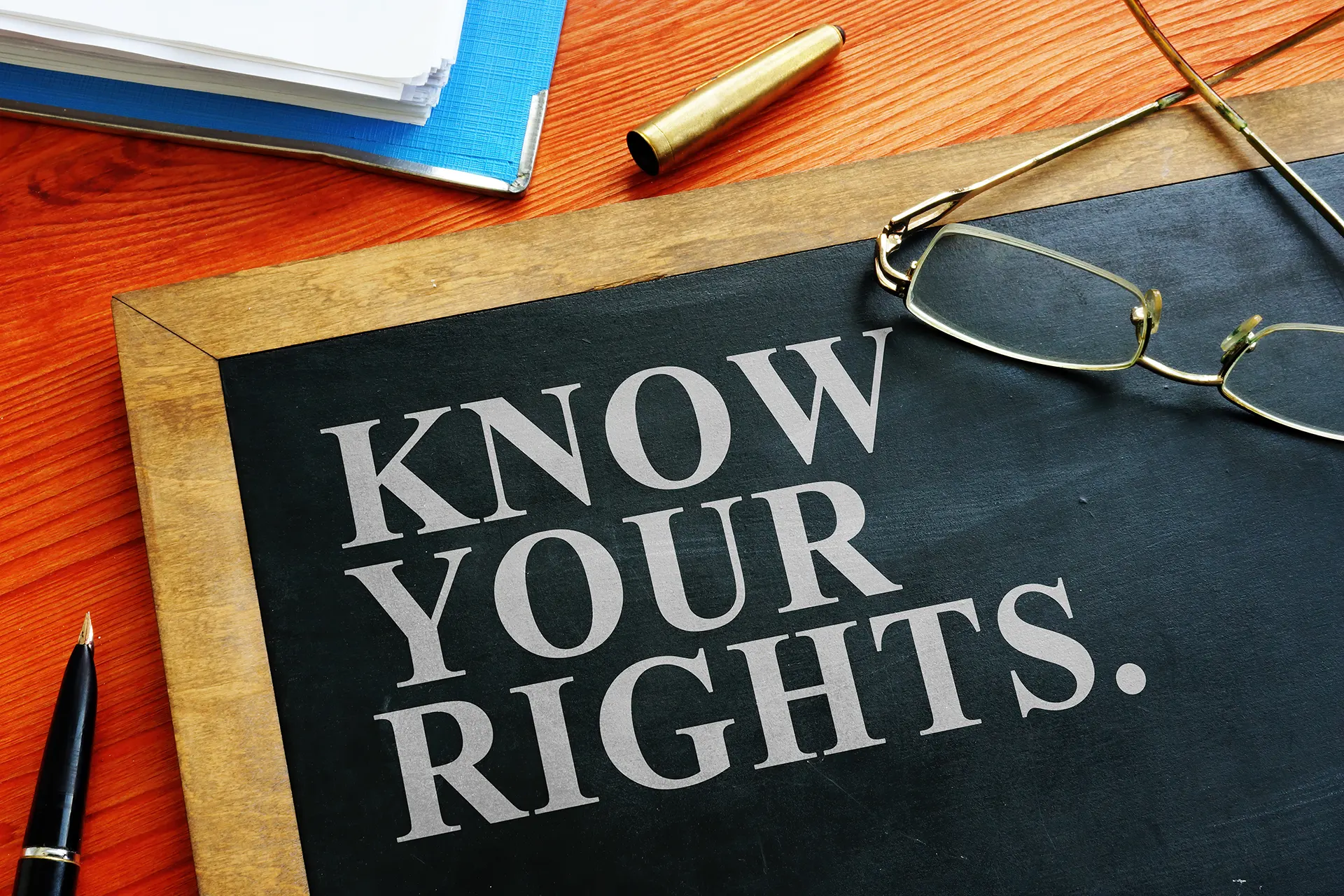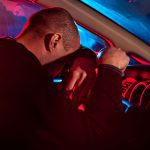Watch enough TV and you could be under the impression that if you are not Mirandized during a DUI arrest, you simply walk away from the crime. While there are always exceptions to every rule, generally speaking, this is not the case. However, when your rights are not read to you during a DUI, some of the evidence collected can be thrown out, hurting the prosecution’s case.
Can I Get My DUI Dismissed If My Miranda Rights Were Not Read?
In short, not having your Miranda rights read to you doesn’t automatically lead to a DUI dismissal. However, it may mean that any statements you made during custodial interrogation could be excluded from evidence. If these statements were crucial to the prosecution’s case, their absence might weaken their position. It’s important to consult with a legal expert who can evaluate the specifics of your DUI arrest and provide guidance.
Understanding Your Miranda Rights During a DUI Arrest
Fans of “Law & Order” or other legal-themed TV shows might already be familiar with these rights. For those who aren’t, here’s a summary:
- Right to Remain Silent: Anything you say can and will be used against you in court.
- Right to Counsel: If you can’t afford an attorney, one will be provided for you.
- Answering Questions: You can choose to answer without an attorney present, but you can also stop answering at any point and request your attorney.
The precise wording might vary across jurisdictions, but this captures the essence. After the rights are read to you, officers will ask if you understand and if you’d like to proceed without an attorney. It’s at this juncture that you can choose to answer or wait for legal counsel.
When Do the Miranda Rights Have to be Read for a DUI?
This is another misconception due to how these rights are handled on many TV shows. The officers do not necessarily have to read the Miranda Warning at the scene. The only requirement is that when you are held for interrogation, these rights must be read prior to any questioning.
What About Questions the Officer Asks Prior to Arrest?
Unfortunately, these answers can be used against you in a court of law. At this point, you are not arrested or charged, the officer is merely seeking information. If the information provided leads to an arrest, the officer will then take the individual into custody and read the Miranda Warning.
While you do have the right to refuse to answer any questions at any time, there are “exceptions” to providing information to an officer. In this case, the most notable exception would be during a traffic stop when the officer asks for identification. If the person refused to provide this information to the officer, it could make the situation worse and result in extra charges.
Get help now by Filling out the Free DUI Arrest Evaluation Form!
DUIRights Support is comprised of legal writers and attorneys who are able to generate useful information about issues relating to DUI. Please use all information at your own discretion and never use the information as legal advice without consulting with an attorney.




i was not in vehicle at time police arrived…Brakes went out in vehicle and I sat on side of field away from vehicle and drank three beers…they arrived and arrested me for dui…I wrecked the vehicle sober and drank the beer after i left the vehicle??? Can they prove i drank and drove?
Barbara, they can’t prove you were drinking and driving. They were assuming you were driving intoxicated. An experienced lawyer may be able to prove your sobriety with witnesses on your behalf. Basically people you were with when you started driving. The court will also look at your history and see if your a repeat offender which won’t help you out. If you were truly driving sober and drank after the accident then I would take it to jury trial.